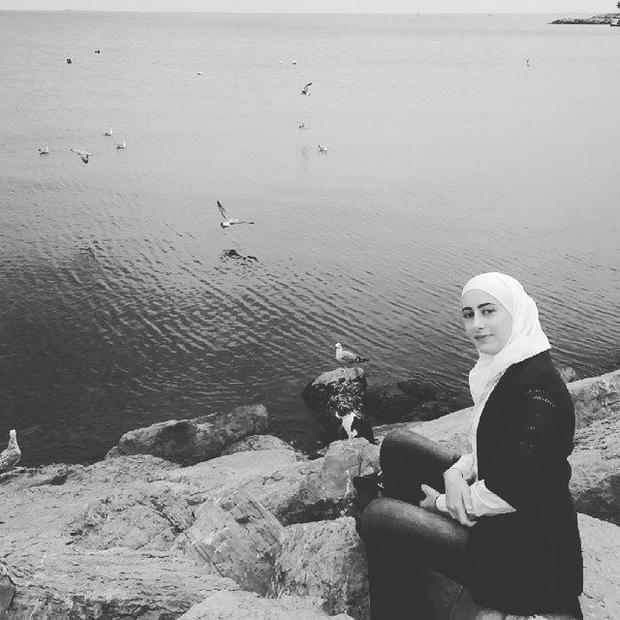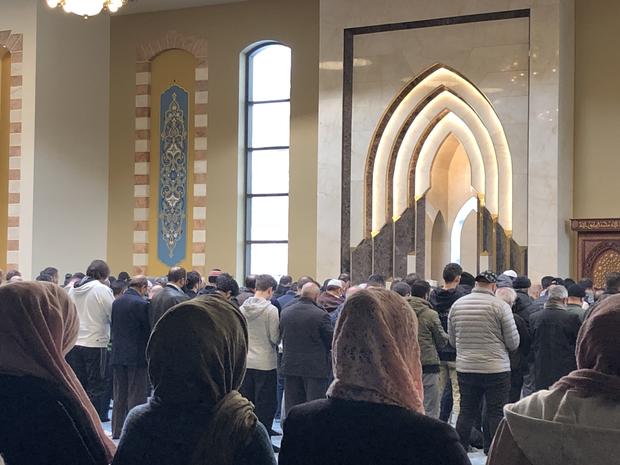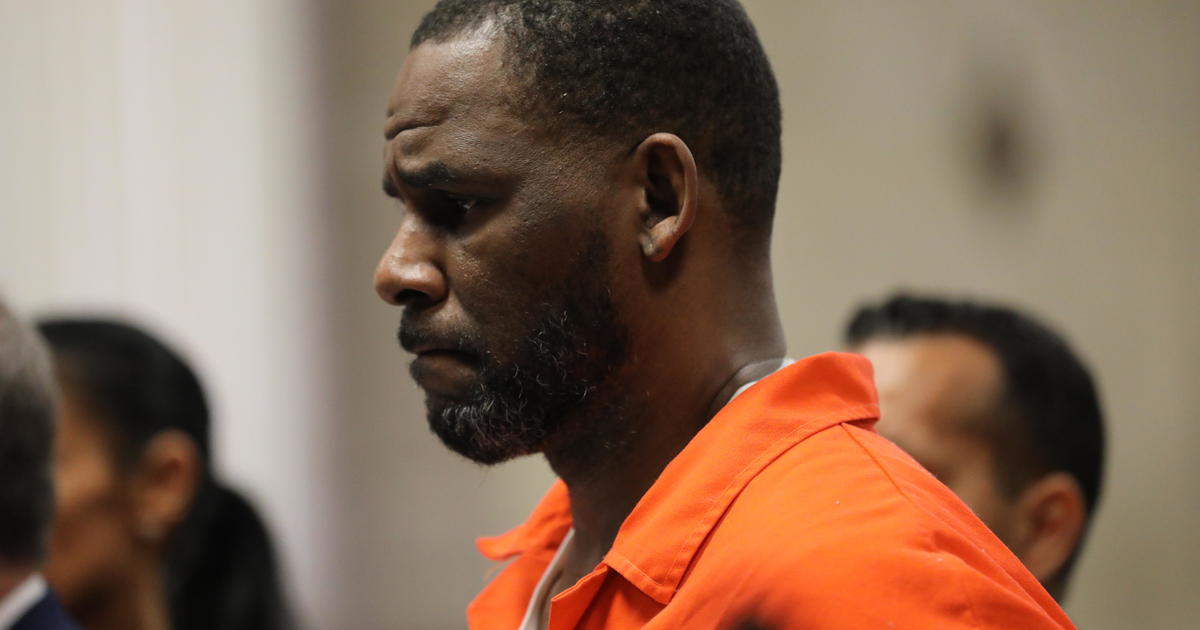Human Rights Group Believes Chicago-Area Woman Died In Syrian Prison
By Wendy Widom
Chicago (CBS) – A human rights monitoring group believes Layla Shweikani, a young American woman from the Chicago suburbs who had been detained two years ago by Bashar al-Assad's regime, was executed by the Syrian government.
Calling Shweikani a "humanitarian activist" on its website, the Syrian Network for Human Rights posted, "we believe she was executed in Saydnaya military prison."
On Friday, the imam at the Mecca Center in Willowbrook, Illinois asked congregants to recite the Janazah, or funeral prayer, for Shweikani, a Burr Ridge native. Shweikani's family had recently received the news that she had died after 10 months in detention in 2016.
Among the rows of men standing and kneeling, shoulder to shoulder, in the Mecca Center's sanctuary were Shweikani's father and her first cousin. Through a member of the center's board, they declined a CBS 2 request for an interview.
Qutaiba Bakeer Agha works as an independent researcher, helping families find information about loved ones detained in Syrian prisons. In 2015, according to Agha, Shweikani, then 25, traveled from Chicago to Syria, where she had spent part of her childhood. Early in 2015, Shweikani had become engaged.
While living in Syria, Shweikani provided humanitarian relief to Syrians displaced from their homes due to the war. According to Fadel Abdul Ghany, chairperson of the Syrian Network For Human Rights, about 6 million Syrians are currently displaced within the country. He told CBS 2 that about seventy percent of the displacements are due to airstrikes by Syrian and Russian forces.
Shweikani also helped send aid to residents of besieged Ghouta, a Damascus suburb that had been cut off from the rest of the country as part of the government's siege and starve tactics. In 2016, the United Nations Assistant Secretary-General for Humanitarian Affairs Kyung-wha Kang reported, "Siege and starvation had become systematic in Syria."
A friend of Shweikani's, who spoke on the condition of anonymity due to safety concerns, told CBS 2 via WhatsApp that Shweikani "couldn't just stand there and watch what happened to the people who were bombed and lost everything they have." The friend said Shweikani "was a civil and peaceful activist" who felt deeply connected to Syria and wanted to help those impacted by the war.
In February of 2016, the Syrian government detained Shweikani, as well as her father and fiancé. According to Agha, Shweikani pleaded with the government to keep her in detention and release the two men. This tactic of detaining activists' family members "is very common," according to Ghany. The regime threatens people in order "to deliver someone else" in the family, in a process that is opaque and unpredictable. Both Shweikani's father and fiancé were released.
CBS 2 has learned that Shweikani was in solitary confinement during her imprisonment. While there is no evidence that she was physically tortured, "testimonies of women who have gone through detention indicate that women undergo severe torture, rape and not being given enough food or water," said Elizabeth Tsurkov, a Research Fellow at the Forum for Regional Thinking who focuses on Syria. As many as 300,000 people have been detained in Syrian prisons, she told CBS 2.
Ghany, whose organization has been tracking the number of detainees since the war began in 2011, puts the number closer to 104,000 detainees. He told CBS 2 that families might be reluctant to announce their loved ones are in custody, making the numbers difficult to track.
Agha told CBS 2 that in December of 2016, the Czech Republic's Ambassador to Syria, Eva Filipi, visited Shweikani in prison on behalf of United States government (The Czech Republic serves as a "protecting power" for United States interests in Syria). For close to two years following Filipi's visit, Shweikani's fate was unknown.
Then in late November 2018, a copy of the civil registry was released, indicating that Layla Shweikani had died in late December of 2016. The registry is the system through which the government tracks vital statistics such as births, marriages and deaths. Agha told CBS 2 that based on his research, he believes Shweikani had been executed.
According to Tsurkov, in the past six months more Syrian families are learning the fate of their loved ones through updates to the civil registry. "Previously the regime sent death certificates and the body, but no longer," she told CBS 2. "The regime feels very secure in its position right now. It does not fear that those families notified about the deaths of their loved ones will foment unrest."
A State Department spokesperson would neither confirm nor deny Shweikani's death, due to "privacy considerations." Its statement to CBS 2 reads, in part, "The United States strongly reiterates its condemnation of the Assad regime's cruel actions and calls on it and those that support it to adhere to international laws and norms pertaining to the treatment of prisoners, including by allowing access for independent monitors."
The outpouring of grief on social media after news of Shweikani's death became public was palpable. "This world lost another peaceful & brave human," wrote one Facebook user.
"Layla took part of the peaceful civil movement in Damascus. Before she was a prisoner, she herself lost a lot of friends," said the friend of Shweikani's who spoke with CBS 2 via WhatsApp. "Thousands of prisoners are suffering death under torture every day and the world is standing there watching."
At the end of the service at Mecca Center in Willowbrook on Friday, hundreds recited the funeral prayer. Typically, the congregation would line up in rows behind the coffin of the deceased. Family and friends, joined by the community, would walk to the gravesite, in a tradition-filled ceremony meant to unite the grieving and honor the deceased.
This time, with no coffin and little relief, the congregants quietly left the sanctuary.





